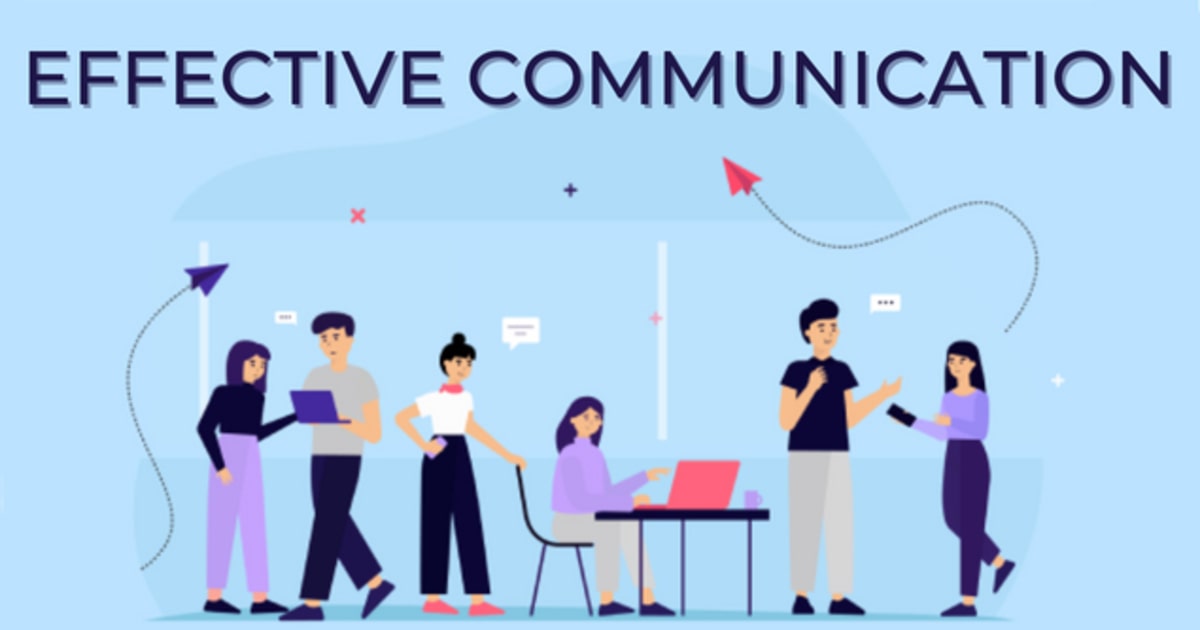Activities To Improve Your Communication Skills
It's easy to compulsively think about what you'll say next.

Listen Actively
It's easy to compulsively think about what you'll say next. But if you're too focused on your thoughts and the next big thing you're going to share, you'll miss what others are trying to say, even if they're talking directly to you. Research shows that most people only listen at about 25% efficiency. Instead of worrying about what you'll say next, practice active listening. Active listening is when you are present in the conversation and try to understand the message being shared with you, not just words.
Ask Questions
A crucial part of communication is sharing ideas back and forth with your audience, not just lecturing them. To make a mediocre conversation unique, get the other person involved. The easiest way to do this is by asking good questions. While there are no such things as wrong questions, some questions are better than others.
Yes/no questions lead to a flat. Questions like, "Do you have any questions?" will almost always be answered with a simple "No," and can create an awkward pause.
Re-read and Edit
Writing is a beautiful communication tool because you have more time to craft and control your message. Unlike when you're speaking to someone, writing gives you the time to go back to improvements to your message when needed. Whether it's an email or a letter, no one makes a perfect first draft, so get into the habit of proofreading before you click send. This will save you from embarrassing typos and errors.
What To Focus On
If you're aiming to create effective dialogue, don't waste your time starting with small talk, short comic routines, or any other topic. Get to the point of what you want to talk about. If you're leading a conversation and he drifts away from you, gently redirect the conversation back to the original topic. Negotiations can quickly derail when participants have agendas and emotions run high. But to successfully solve the problem, staying on topic is essential.
Choose the Right Tools For the Job
Choosing the right communication tools for the job is essential to learning how to improve your communication skills. Consider the message you're sharing and how you want your audience to interact.
One-way monologues work great as emails but opt for in-person communication if you want to interact with your audience. There's a time and a place to poke your head into someone's office for a formal meeting, phone call, message, email, text, thoughtful note, or even a quick chat.
Create a Safe Place
If people feel unsafe sharing their ideas or viewpoints, they will never speak up and share their truth. A great place to start with respect is by considering others' perspectives and trying to understand what they are saying with empathy. If you run into conflicts or differing opinions, focus on rebuilding safely within the dialogue. You can do this by finding and cultivating a mutual purpose. This will help you have a positive and respectful conversation, even when disagreeing.
Avoid Emojis
In texts to friends or informal messages, it can be fun to sprinkle in emojis, but they should never show up in professional written communication. Emojis don't make an excellent first impression, and instead of lightening the mood, you could, unfortunately, damage your reputation and appear uneducated or incompetent at your job.

